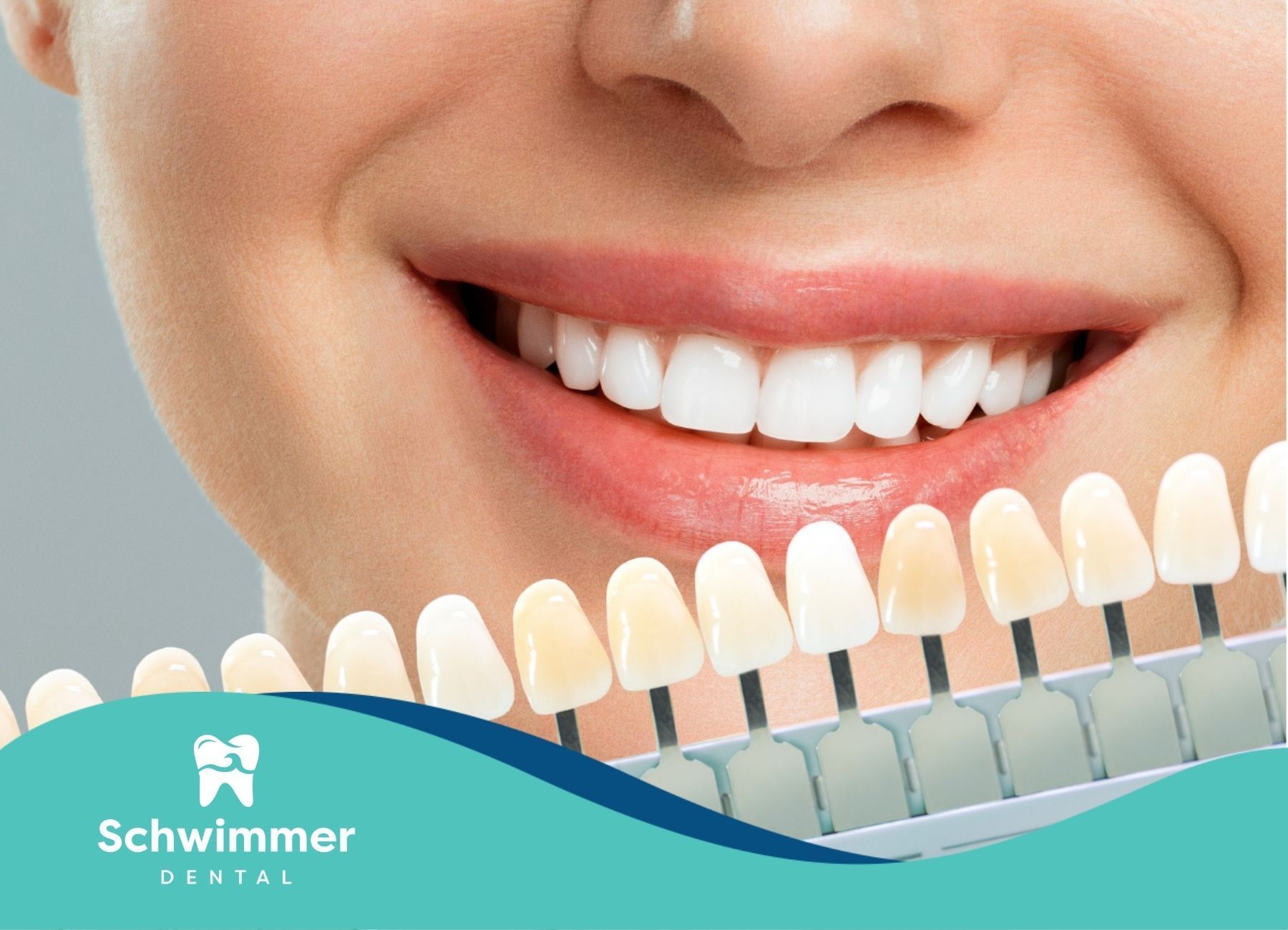The Timeline for Root Canal Healing
Key Highlights
- Root canal healing time varies, usually spanning a few weeks to months for complete recovery.
- Factors like infection severity, tooth location, and individual healing influence the timeline.
- Immediate pain relief is common after the procedure, with noticeable improvement within days.
- Following post-operative care instructions, like oral hygiene and medication, is crucial.
- Regular dental check-ups are essential for monitoring healing progress and ensuring long-term oral health.
Introduction
A root canal is a common dental procedure. Many people feel anxious about the recovery period. To help with this, it is important to understand the healing process. Knowing what to expect can help you take care of your oral health better. This article will explain the stages of root canal healing. It will also talk about what affects the recovery time and give you important aftercare tips for a smooth recovery.
The Root Canal Healing Journey
Starting the journey to heal after a root canal means knowing it takes time and is affected by different factors. The idea of dental work can be scary, but understanding the usual timeline and what will happen can help ease your fears.
This easy guide will help you on your path to recover from a root canal. We will look at what to expect right after the procedure and until you are fully healed. You will learn about important steps, factors that matter, and helpful care tips to make sure you heal well and on time.
Understanding the Root Canal Procedure
A root canal procedure is a common dental treatment. It helps with infected or swollen pulp inside a tooth. The infected pulp has nerves and blood vessels. This condition can cause a lot of pain. If not treated, it can lead to more damage. This procedure is very important to keep the natural tooth and stop bigger dental problems.
During a root canal treatment, a dentist or endodontist removes the infected pulp. They clean the inside of the tooth and seal it so no more infection occurs. This helps get rid of the pain and lets the surrounding areas heal.
The procedure might sound scary, but it helps you feel better. Knowing that a root canal directly treats the infection and eases the pain can make you feel more at ease about the treatment.
Immediate Post-Procedure Expectations
The days right after a root canal are important for healing. You might feel some sensitivity or mild discomfort as the anesthesia goes away. However, the strong pain that made you get the procedure should go down a lot. It is important to follow your dentist’s instructions carefully during this time to help you heal well.
Your dentist will give you specific guidelines for your case. This includes how to manage pain, what to eat, and how to keep your mouth clean. Following these instructions is key to reduce any issues and help the treated tooth heal.
Keep in mind that everyone heals differently. Some people feel better quickly, while others may take longer. Talk openly with your dentist about any worries you have. This will help you have a smoother recovery process.
Key Stages in the Root Canal Healing Process
The healing process after a root canal happens in stages. Each stage has its own milestones and timeline. Knowing these stages can help you have realistic expectations and identify any possible concerns quickly.
After the procedure, you will feel relief right away. Then, over time, your tooth will start to work normally again. We will go through the usual healing steps and share what you can expect at each stage.
First 24 Hours: What to Expect
After the procedure, you will probably feel relief from the pain that took you to the dentist. The removal of the infected pulp, which caused the pain, gives almost instant comfort. However, some sensitivity or tenderness around the treated tooth is completely normal.
In the first 24 hours, your dentist may suggest over-the-counter pain relievers to help with any leftover discomfort. You can also use a cold compress on your cheek to reduce swelling or inflammation.
Here’s what to expect in the first 24 hours:
- The anesthesia will gradually wear off.
- You might feel mild discomfort or sensitivity in the treated tooth.
- There may be slight swelling in the gums around the treated area, but this should go down in a few days.
- It’s important to follow your dentist's instructions for taking care of your teeth and the treated tooth. This includes not chewing on that tooth, keeping good oral hygiene, and going to any follow-up appointments.
The First Week: Signs of Progress
As you start the first week after your procedure, you should see good progress in your recovery. The sensitivity in your mouth should feel much less, and any leftover swelling should be light. Keeping up with good oral hygiene habits is very important now. This will help stop infections and support your healing.
Your body is busy healing itself. Blood vessels are starting to repair and provide nutrients to the treated area. This is key for fixing tissue and lowering swelling. Even if you feel a lot better, make sure to keep following your dentist's advice.
Look for these encouraging signs of progress in the first week:
- A significant reduction in pain and discomfort.
- Less swelling and inflammation.
- A slow return to normal eating, but it’s best to stay away from hard or sticky foods for now.
Conclusion
In conclusion, knowing the timeline for root canal healing is important for caring for your teeth after the procedure. From what to expect right after to the main stages of healing, each step is important in your recovery. Patients should follow the advice for oral care and watch for any strange symptoms. By staying informed about the healing process, you can help make your recovery from a root canal smoother and more successful. If you have concerns or questions about your healing journey after a root canal procedure, talk to your dentist for tailored advice and support.
Frequently Asked Questions
How long should I wait before eating after a root canal?
It's a good idea to wait until the local anesthesia is completely gone. This way, you won’t accidentally bite your tongue or cheek. Once you feel the numbness going away, you can start eating again. Begin with softer foods. For a few days, stay away from sticky foods, chewy foods, or biting on hard things with the treated tooth.
Is it normal to have pain several days after the procedure?
Most people feel much less pain soon after a root canal. But some people may have some discomfort while recovering. Keeping good oral hygiene and using pain relief can help reduce the discomfort. If the pain stays or gets worse, it’s important to see your dentist. They can check for any potential complications.
Can I brush my teeth normally after a root canal?
Good oral hygiene is very important for your oral health and healing. Brush your teeth like you usually do, but be gentle around the treated area for the first few days. Keep flossing regularly, just as your dental professionals advised.
SOURCES:
https://www.aae.org/patients/root-canal-treatment/what-is-a-root-canal/
https://www.aae.org/patients/your-office-visit/post-treatment-care/
https://www.medicalnewstoday.com/articles/320978
https://my.clevelandclinic.org/health/treatments/21759-root-canal
https://www.healthline.com/health/pain-after-root-canal#continued-pain



